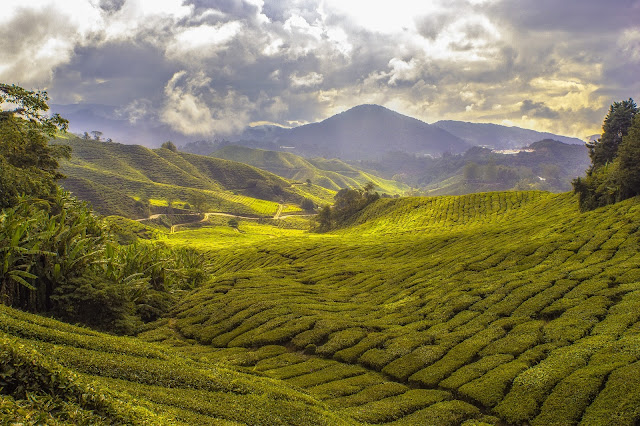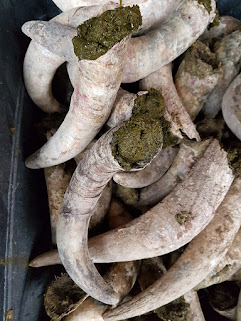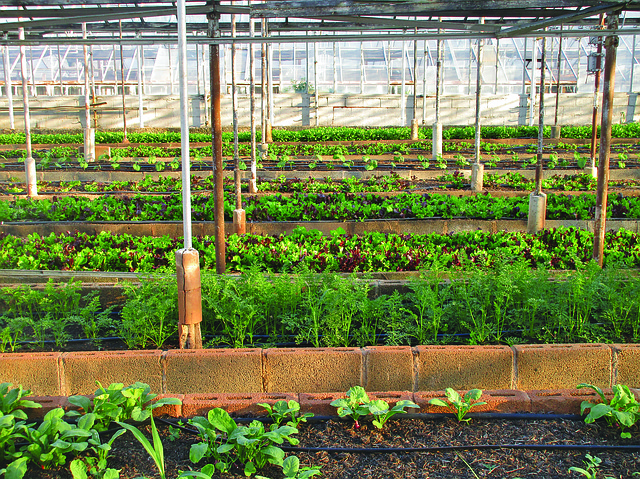 |
| Agriculture |
Agriculture, the backbone of civilization, plays a vital role in nourishing and sustaining our growing global population. In this comprehensive blog, we delve into the diverse aspects of agriculture, exploring its historical significance, modern practices, technological advancements, sustainable approaches, challenges, and opportunities that shape its future.
The Historical Significance of Agriculture:
From the origins of agriculture in ancient civilizations to the modern era, farming has been central to human existence. We examine the agricultural practices of early civilizations such as the Egyptians, Mesopotamians, and Romans, highlighting their contributions to crop cultivation, irrigation systems, and land management. Additionally, we explore the agricultural revolutions that transformed farming methods, including the Green Revolution and the rise of mechanization.
Modern Agricultural Practices:
Today, agriculture has evolved with advancements in technology, science, and agricultural machinery. We discuss modern farming techniques such as precision agriculture, hydroponics, vertical farming, and sustainable intensification. These methods optimize resource utilization, minimize environmental impact, and maximize crop yields. We also explore the integration of digital tools, data analytics, and automation in farm management, enabling farmers to make informed decisions and enhance productivity.
Sustainable Agriculture:
In response to environmental concerns and the need for long-term sustainability, we delve into sustainable farming practices. Topics covered include organic farming, agroecology, regenerative agriculture, and permaculture. These approaches prioritize soil health, biodiversity conservation, water management, and ecological balance. We examine the benefits of sustainable agriculture, such as improved soil fertility, reduced chemical inputs, and enhanced ecosystem services.
Technological Advancements in Agriculture:
The integration of technology has transformed the agricultural landscape. We explore the applications of artificial intelligence (AI), Internet of Things (IoT), robotics, and remote sensing in precision farming, smart irrigation systems, crop monitoring, and livestock management. These innovations enhance efficiency, optimize resource allocation, and enable predictive analytics for improved decision-making. We also discuss the challenges and potential risks associated with adopting advanced technologies.
Crop and Livestock Management:
Efficient crop and livestock management are crucial for agricultural success. We cover topics such as crop rotation, integrated pest management (IPM), soil health management, water-efficient irrigation techniques, and genetic advancements. Additionally, we explore sustainable animal husbandry practices, including pasture management, feed efficiency, and animal welfare considerations. These practices aim to optimize productivity while minimizing environmental impact.
Addressing Agricultural Challenges:
Agriculture faces various challenges, including climate change, limited resources, pests, and diseases. We discuss innovative approaches to address these challenges, such as climate-smart agriculture, precision agriculture technologies, water management strategies, integrated pest management, and biocontrol methods. We also explore initiatives to reduce post-harvest losses and food waste, promoting sustainable food systems and improved food security.
The Future of Agriculture:
As we look ahead, we envision a future of transformative agricultural practices. We explore emerging trends and technologies, including gene editing, vertical farming, urban agriculture, biotechnology, and the use of artificial intelligence in farm management. We discuss the potential of these advancements in enhancing food production, ensuring sustainable resource management, and creating resilient agricultural systems capable of adapting to changing environmental conditions.
Conclusion:
Agriculture is a dynamic and vital sector that continues to evolve to meet the demands of a growing population and address environmental challenges. By embracing sustainable practices, harnessing technological advancements, and promoting knowledge sharing and collaboration, we can cultivate a future where agriculture serves as a cornerstone for global food security, environmental stewardship, and economic prosperity. Let us strive together to build a resilient and sustainable agricultural system that benefits present and future generations.
Thanks for visiting us.
Hashtags: #agriculture #farming #sustainableagriculture #technologyinagriculture #cropmanagement #livestockmanagement #sustainablepractices #futureofagriculture








.jpg)


.jpg)




.jpg)

